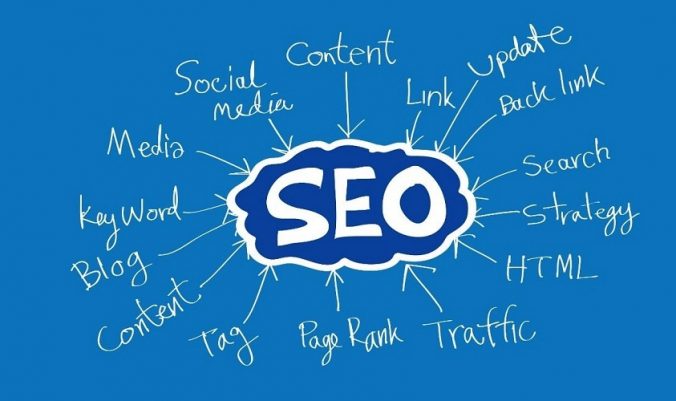If you run a business, you want the dollars you spend to attract customers to be as effective as they can be. Back in the day, that might have been a little simpler. Advertising and marketing to build your brand was done in print publications, via networking and word of mouth referrals. But the internet, social media and search engines changed all of that.
All of a sudden, a working knowledge of search engine optimisation (SEO) seemed to be required to get any good results from your website. But is that true in 2020 like it was five years ago? Let’s find out.
First Things First: What is SEO
First of all, let’s be clear about what we mean when we say SEO. Most websites get the majority of their traffic from Google. Even if you don’t go to ‘Google.com’ if you use a search bar on an iPhone or an Android-powered phone, then that search bar is also powered by Google.
Here’s what most people don’t realise though. The ‘search results’ that appear after you put in a query like ‘dentist in Sydney’ is different for every single person. It’s based on the specific data that Google has about each of its users based on their estimated age, gender, previous searches, location, social media and a whole host of other things.
Getting to the ‘top’ of those results is a big prize. Businesses figured out a long time ago that if you weren’t appearing on ‘page 1’ of Google search results, you were at a huge disadvantage.
So, SEO is just the process of trying to optimise for search engines with one goal: appear higher on the search results.
What Affects SEO?
Turns out, a lot. And even better, no one is 100% sure what influences where a page ranks. That’s because search engines (of which Google is the largest) don’t make that data available publicly. That makes sense because if they did, everyone would follow the same playbook to match their criteria for ‘scoring high’.
Some things that do matter:
- Pages that are well set out of mobile
- High quality, well-written authority pages of content
- Key words on pages that match particular search terms
- In text links to other well-ranked, high-quality sites
- Web site and page traffic, social media metrics (e.g. Facebook shares of content)
Is SEO Still Relevant?
The short answer is: yes. But it’s not a black and white answer. The rise of social media platforms like Facebook, Instagram, Twitter, LinkedIn and Pinterest have given many brands a credible alternative to having a website that does really well with SEO and web searches.
Finding new customers and clients via these channels is now a credible alternative to just having a website and hoping for leads through it. For brands that are able to effectively use other means of attracting customers, SEO can be just one of several methods to get browsers to that website. But not paying enough attention to it is likely to cost you the chance to connect with plenty of interested browsers.
And of course, no matter how someone reaches your website, when they get there, the website needs to be high quality, responsive and easy to navigate so you give yourself the best chance of turning that visitor into a customer.





